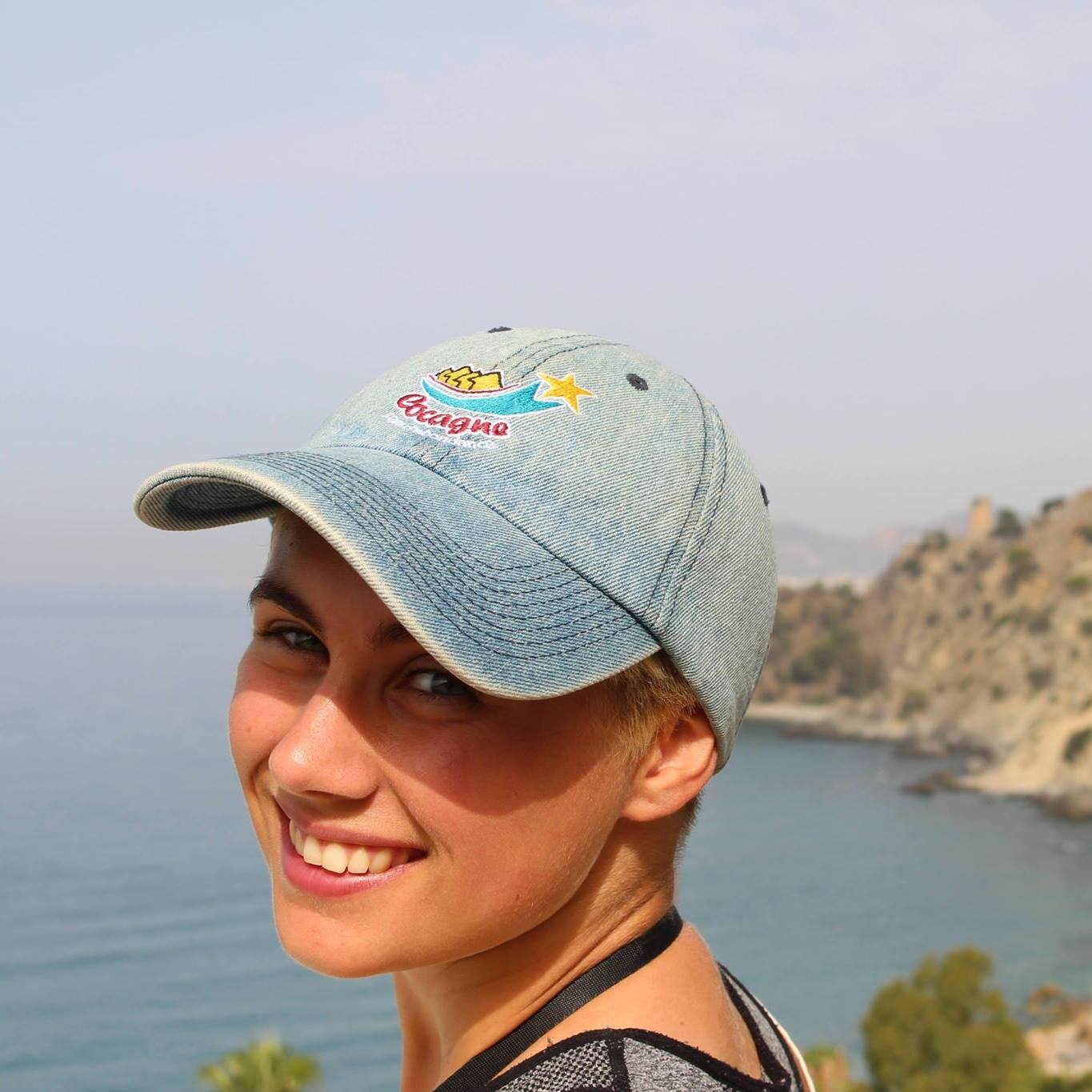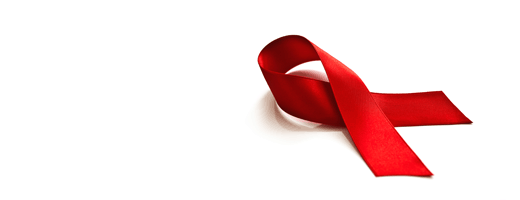23 Sep, 2022 A Quality Recruit

Marion Daigle joins our team at the Archives gaies du Québec for a period of six months thanks to a salary grant from Emploi Québec ! Marion will be helping out on various fronts, there to support the work already underway by the other AGQ employees. Versatile and efficient, having this new employee on board will be an precious asset for the team.
Marion has just completed a bachelor’s degree in theatre (with a concentration in acting) at the École supérieure de théâtre de l’UQAM, and previously studied at McGill as part of a bachelor’s degree in Gender, Sexuality, Feminist and Social Justice studies and Indigenous studies.
Welcome to the team!


